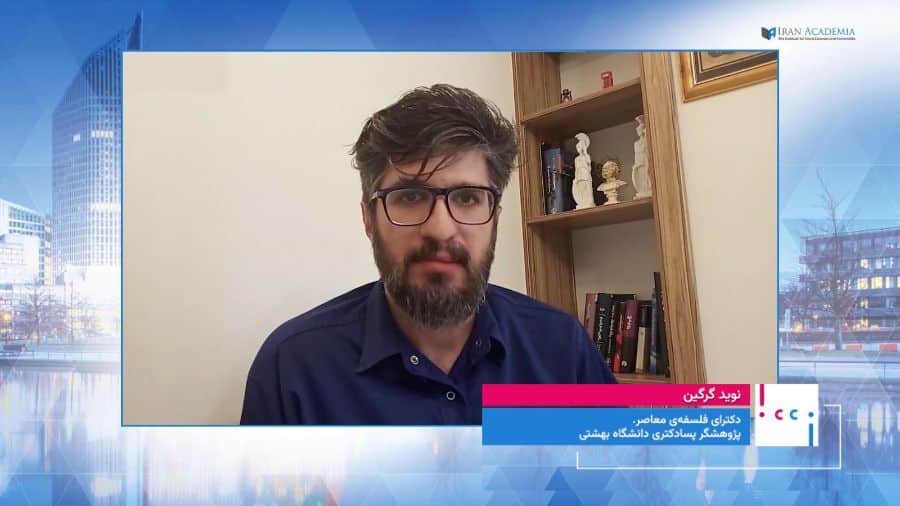Descartes’s Discours de la Méthode has been translated into Persian three times in three separate historical periods, each with a unique incentive, from 1241 (1863) to 1310 (1932). Today, this text is one of the topics of interest in the intellectual movements of Iran as a pre-history of the emergence of Modern European philosophy in the Persian language. The book “Seyri Hikmat Dar Urūpā” [The Course of Philosophy in Europe], which was and still is one of the most significant sources for acquainting Persian speakers with European philosophy in the 14th century, is the result of the last translation of Descartes’ book. It has played a crucial role in creating the translation policy, choosing equivalences, and influencing how Western ideas were introduced in Iran. Regarding Descartes and the “establishment” project, it can be seen that Mohammad Ali Foroughi’s thoughts on Descartes gradually changed in the succeeding volumes of the book. As a result, we may outline a pathway regarding the development of contemporary intellectual consciousness in Iran by following the viewpoint that emerged in Descartes’ thought, particularly in Discours de la Méthode.
The critical rethinking of this consciousness by focussing on the so-called “establishment of science” or “promoting the basis of wisdom” among Iranian intellectuals can reveal aspects of this imaginary vision which still relevant today in many conservative or reactionary blocs concerning the “establishment of civilization” or “science production.” Taking the above-mentioned into account, we can better explain these tendencies and their ideological patterns. The task of critical thinking in such a situation is to provide critical arguments against all these ideological forms of the “establishment” and to remove the intellectual obstacles to empower civil society through developing historical knowledge regarding the objective and subjective origins of those ideologies. The most exemplary illustration of this project in the early Iranian intellectuals can be observed in Mohammad Ali Foroughi and his book Seyri Hikmat Dar Urūpā, in which the author’s views progress as the book goes forward. After the Second World War and the erosion of the image of progressive Europe, the establishment project adopted a different approach. It redirected its focus from modern Western ideas to indigenous and Eastern ideas.
Keywords: reception of Descartes, Iranian intellectuals, the project of establishment, Afzal-ul-Mulk Kermani, Mohammad Ali Foroughi
This speech is part of the following panel:
Speech of Yashar Taj Mohammadi



